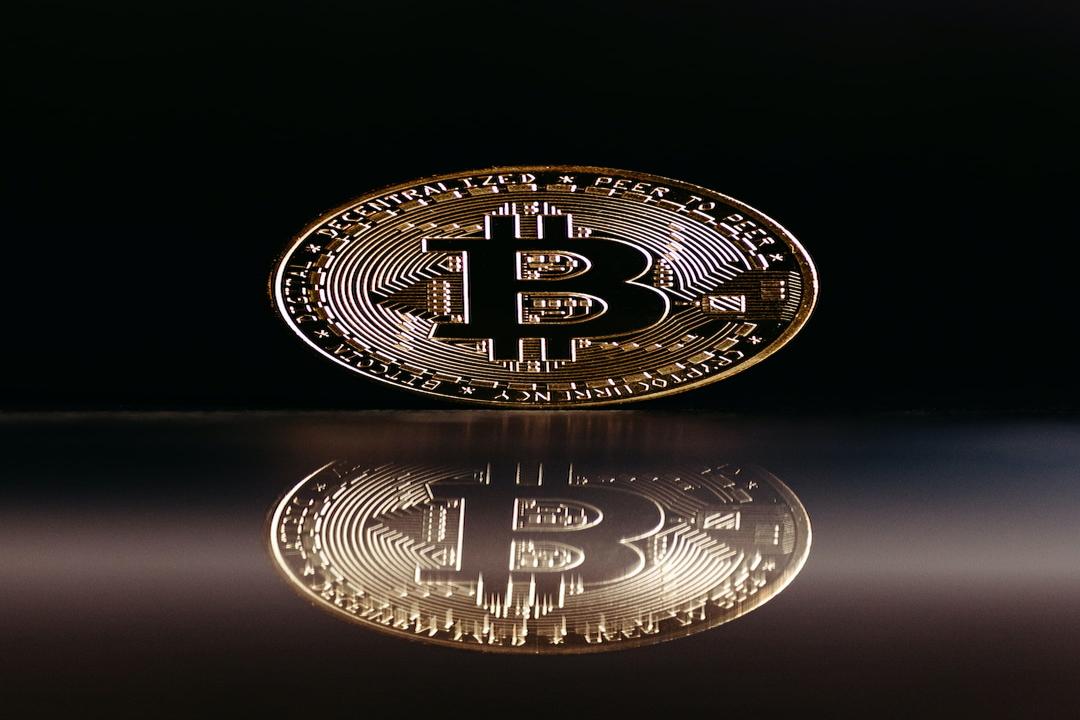South Korea’s Financial Supervisory Service (FSS) has introduced a “continuous monitoring system” to track suspicious cryptocurrency transactions on exchanges. In a statement released on July 4, the FSS disclosed its collaboration with South Korean digital asset platforms to establish a mechanism for ongoing surveillance of abnormal transactions. This system is set to be operational from July 19, coinciding with the enforcement of the Virtual Asset User Protection Act, passed in 2023 to regulate unfair trading practices and safeguard investors.
According to the FSS, major cryptocurrency exchanges covered by the law have implemented a system enabling the regulator to detect and filter out abnormal transactions, which account for approximately 99.9% of the nation’s trading volume. Upon identification, exchanges will promptly report suspicious activities to the FSS via a dedicated data transmission line. Such transactions include those aimed at market manipulation or engaging in illicit trading practices.

Source: Financial Supervisory Service
In related developments, as of June 16, a total of 29 crypto exchanges, including prominent names like Upbit, Bithumb, Coinone, Korbit, and Gopax, were registered with the FSS and are subject to monitoring under the Virtual Asset User Protection Act. The legislation also mandates these exchanges to adhere to stricter guidelines for reviewing token listings.
Since the approval of spot Bitcoin (BTC) and Ether (ETH) exchange-traded funds by the United States Securities and Exchange Commission, South Korean authorities have been evaluating the potential implications of introducing these investment vehicles on domestic exchanges. While some researchers have urged further study before granting approval, citing concerns about substantial capital inflows into the cryptocurrency market, mass delistings of tokens are deemed improbable under current regulations.
Magazine:
Crypto rumors spark panic in Korea, Binance airdrops for BNB hodlers: Asia Express

